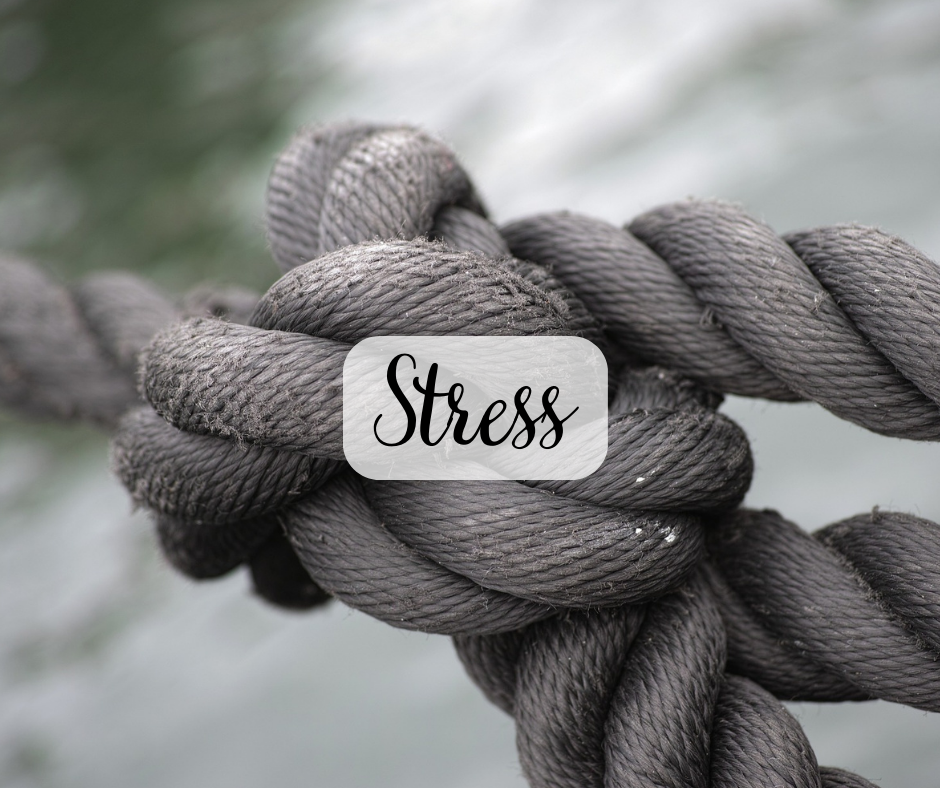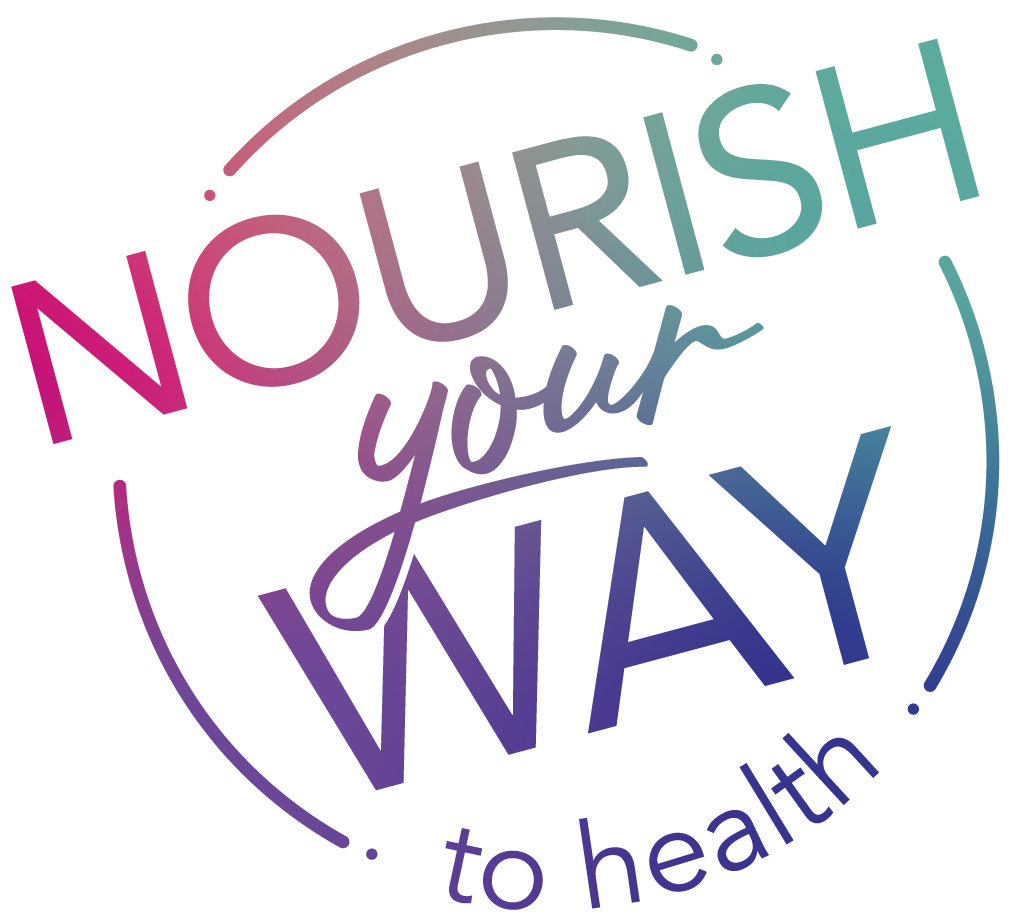
Stress is a familiar and common part of daily life. It happens each and every day and comes in a wide variety of forms. Stress might be the result of trying to juggle family, work, and school commitments. It might involve issues like health, money, and relationships.
Indeed, stress and anxiety symptoms can affect your body, your thoughts and feelings, and your behavior. Being able to recognize common stress symptoms can help you manage them. Stress that’s left unchecked can contribute to many health problems, such as high blood pressure, obesity, depression, and of course, autoimmune disorders.
There are many different ways to relive stress and anxiety:
Get more exercise if you don’t get enough: Many studies have shown that engaging in physical activity helps reduce stress levels and improve mood, while sedentary behavior may lead to increased stress, poor mood, and sleep disturbances.

Minimize phone and screen time: A number of studies have linked excessive smartphone use and “iPhone addiction,” with increased levels of stress and mental health disorders. Spending too much time in front of screens in general is associated with lower psychological well-being and increased stress levels in both adults and kids.
Reduce your caffeine intake: Caffeine is a natural chemical found in coffee, tea, chocolate, and energy drinks that stimulates your central nervous system. Consuming too much may worsen and increase feelings of anxiety. Plus, overconsumption may harm your sleep. In turn, this may increase stress and anxiety symptoms.
Spend time with friends and family: Having a social support system is important for your overall mental health. If you’re feeling alone and don’t have friends or family to depend on, social support groups may help. Consider joining a club or sports team or volunteering for a cause that’s important to you.

Create boundaries and learn to say no: Not all stressors are within your control, but some are. Putting too much on your plate may increase your stress load and limit the amount of time you can spend on self-care. Taking control over your personal life may help reduce stress and protect your mental health. One way to do this may be to say “no” more often. This is especially true if you find yourself taking on more than you can handle, because juggling many responsibilities may leave you feeling overwhelmed.
Practice self-care: It’s vital you take time out for yourself. The following are some ideas:
- Go for a walk outside
- Take a bath
- Read a good book
- Exercise
- Meditate
- Stretch before bed
- Get a massage
- Practice a hobby
- Use a diffuser with calming scents
- Light candles
- Practice yoga
It all comes down to taking time for yourself and do things that promote relaxation.
Thanks for reading!
Adrienne
xo

One Response